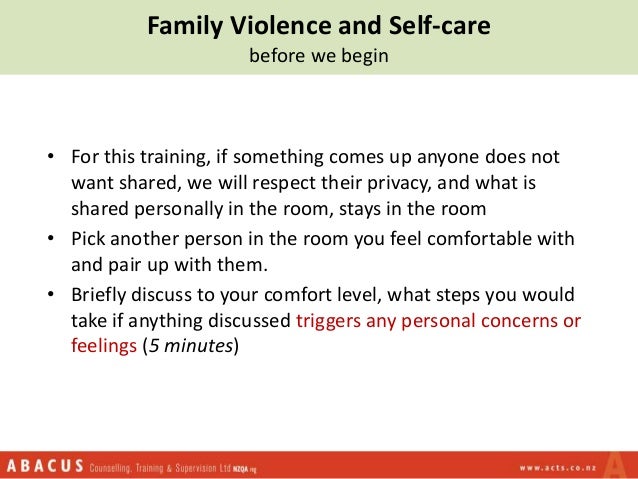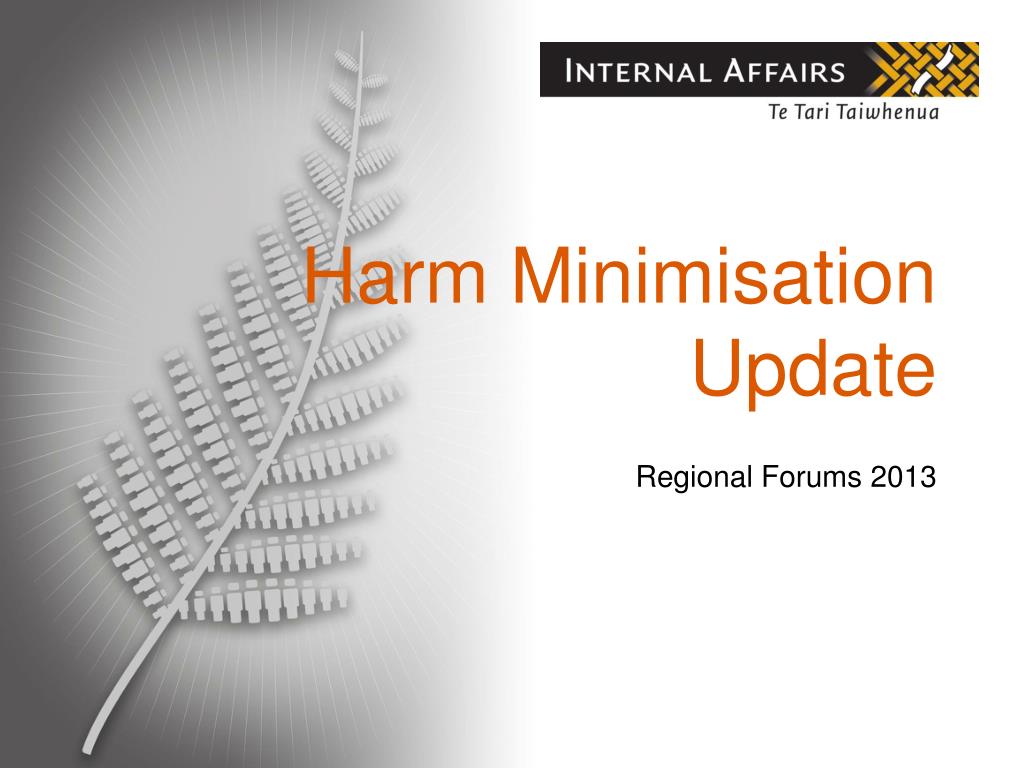- Harm Minimisation Strategies Gambling
- Harm Minimisation Measures Gambling
- Harm Minimisation Gambling Meaning
Are you working with clients who are experiencing negative impacts from gambling?


The Office of Responsible Gambling and ACWA are piloting a 3 hour online workshop on Gambling Harm Minimisation, which will provide you with strategies for working with these clients. The workshop is targeted at social workers, counsellors and other community sector workers
Learning Outcomes
The participant will learn about:
• The signs of problem gambling in an individual
• Related co-morbid conditions
• Existing services to assist with problem gambling
1 September 2019 Gaming machine harm minimisation There are laws in place to promote a culture of responsible gambling and protect people from problems associated with excessive gambling. Read: Gaming Machines Act 2001. The Strategy to Prevent and Minimise Gambling Harm 2019/20 to 2021/22 is the latest of those strategy documents. The strategy sets out the Ministry’s approach to and budget for funding and coordinating services to prevent and minimise gambling harm during the three year period starting 1 July 2019. Taskforce on Gambling in advocating for harm minimisation approaches and improved community awareness of gambling harms. Where possible, integrating gambling harm prevention into other City of Ballarat policies. Advocate. Maintaining membership with the Alliance for Gambling Reform and support campaigns for.
The participant will learn how to:
• Raise the issue of problem gambling with an individual
• Recognise any co-morbid conditions and their impact
• Provide initial psychoeducation to the individual
• Make a referral to assist with problem gambling
Introduction

The Southern Trust has developed a harm minimisation policy which includes information on identifying problem gamblers. Venue managers are required to use the policy to identify actual or potential problem gamblers, approach any person identified, and offer information or advice to the person. A copy of the can be downloaded here:
Indicators
It is recognised that problem gamblers may exhibit behaviours that indicate they are experiencing gambling problems. Indicators may be witnessed first-hand by the venue manager or their staff or may be observed by other patrons and brought to the attention of venue staff. It is generally only reasonable to believe that a person may be experiencing a problem if several indicators are apparent over an extended period.
Staff at the venue will approach patrons who display the indicators and will offer information regarding problem gambling. Patrons are encouraged to monitor their own behaviour regarding the listed indicators.
General Signs
Length of play
- Gambles for long periods (three or more hours) without taking a break
- Gambles most days
- Finds it difficult to stop at closing time
Harm Minimisation Strategies Gambling
Social behaviour

Harm Minimisation Measures Gambling
- Becomes angry at or stands over other players
- Rude to other gamblers or staff
- Complains to staff about losing
Money
- Puts large wins straight back into the machine
- Tries to withdraw money two or more times
- EFTPOS repeatedly declined
- Leaves venue to find more money to gamble
Behaviour during play
- Tries to play two or more machines
- Plays intensely without reacting to what’s going on around them
- Plays very fast (high spend per line)
- Shows frustration (grunting/groaning, playing roughly)
- Shows some signs of distress (looks depressed, sweating, nervous/edgy)
- Has gambling rituals or superstitions (rubbing, talking to machine)

Strong signs
Harm Minimisation Gambling Meaning
- Gambler tells staff that gambling is causing them problems
- Shows obvious signs of distress (crying, holding head in hands, shaking)
- Has an angry outburst towards staff, customer or machine (shouting/swearing, kicking/hitting the machine)
- Appearance or hygiene deteriorates significantly
- Tries to borrow money from customers or staff
- Gambles from opening to closing
- Leaves children in car while gambling
- Friends or family raise concerns about the gambler
- Goes out of their way to avoid being seen at the venue (including asking staff to not let others know they are there)